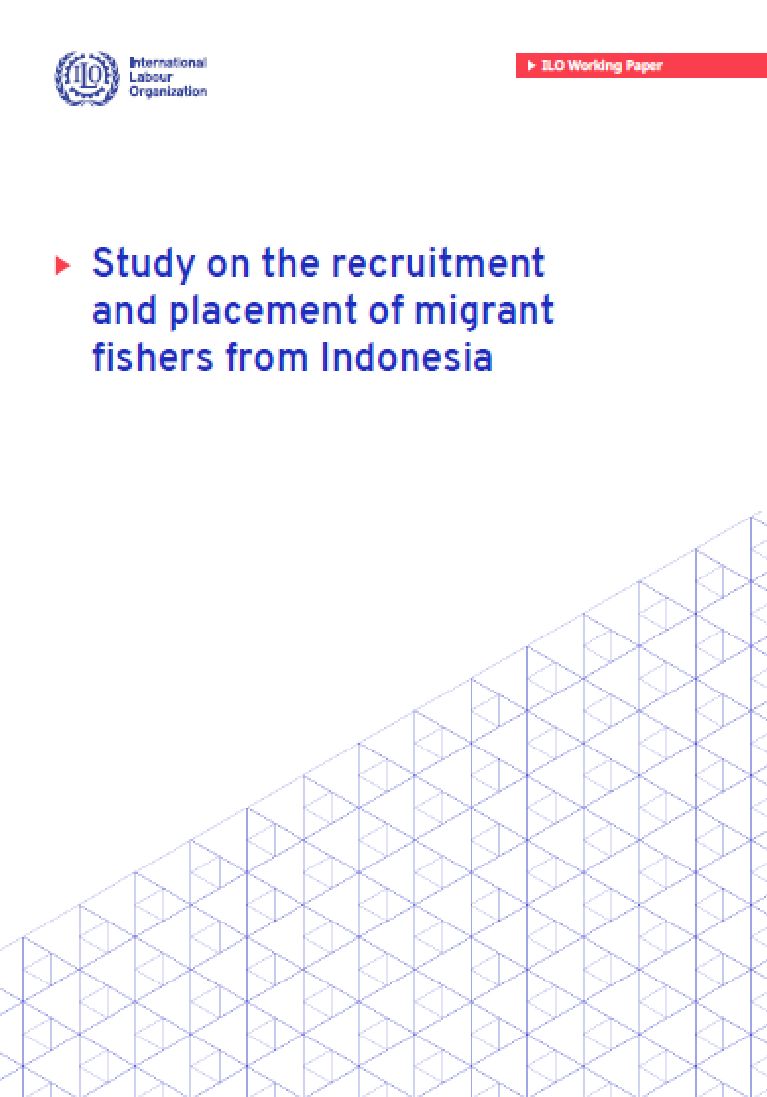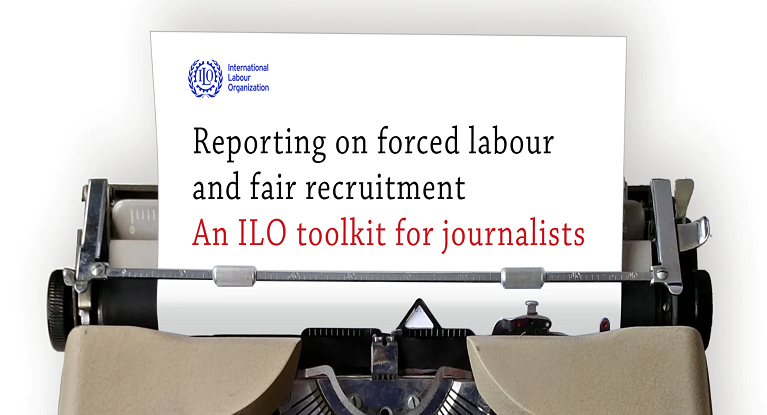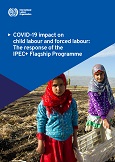Publications on forced labour
2020
-
Australia - Country baseline under the ILO Declaration Annual Review (2017-2019) - P029
05 August 2020
-
United States of America - Country baselines under the ILO Declaration (2000-2019)
05 August 2020
-
Myanmar - Country baselines under the ILO Declaration (2000-2019)
05 August 2020
-
Republic of Korea - Country baselines under the ILO Declaration (2000-2019)
05 August 2020
-
Japan - Country baselines under the ILO Declaration (2000-2019)
05 August 2020
-
China - Country baselines under the ILO Declaration (2000-2019)
05 August 2020
-

Study on the recruitment and placement of migrant fishers from Indonesia: an ILO working paper
30 July 2020
This study is based on research was commissioned to address one of the key concerns of the Indonesian Government and stakeholders: the protection of Indonesian migrant fishers. Under the Indonesian Medium-Term Development Plan 2015–2019, a recruitment and placement system that protects migrant workers, particularly for those with skills in areas with market demand, is to be prioritized.
-
Global launch virtual event: Reporting on forced labour and fair recruitment: An ILO toolkit for journalists - Agenda
29 July 2020
-

Reporting on forced labour and fair recruitment: An ILO toolkit for journalist
27 July 2020
This toolkit provides information and advice to media professionals on how to report accurately and effectively on forced labour and fair recruitment. The toolkit includes the Media-friendly glossary on migration.
-

COVID-19 impact on child labour and forced labour: The response of the IPEC+ Flagship Programme
20 May 2020
What is the real impact of COVID-19 on child labour and forced labour? How the ILO has repurposed its resources and operations to mitigate the devastating effects of the pandemic? How the international community can contribute to this effort?